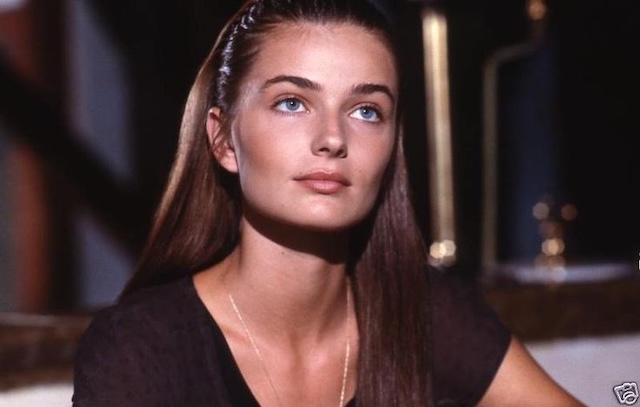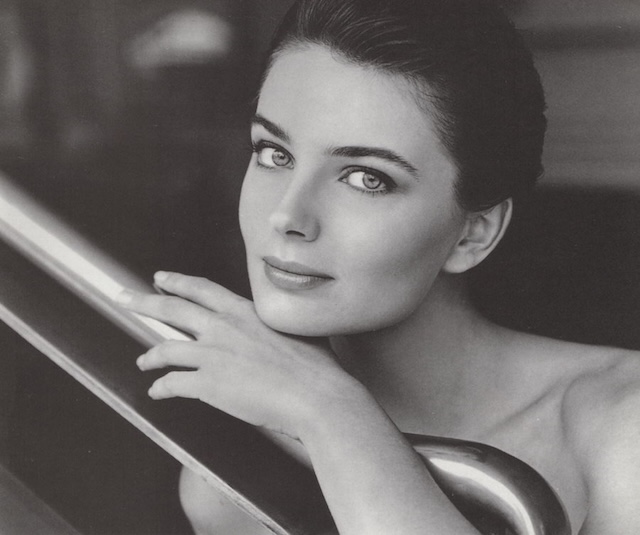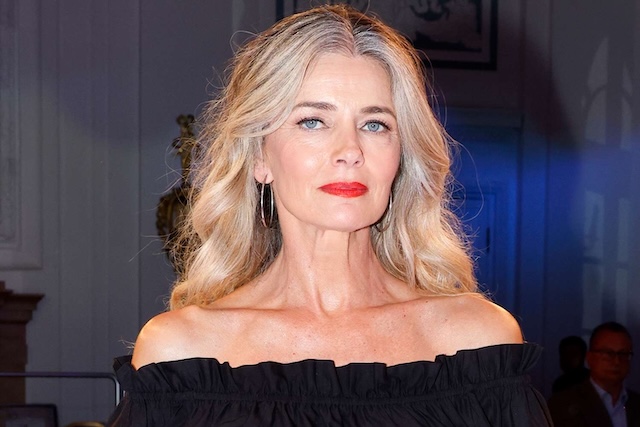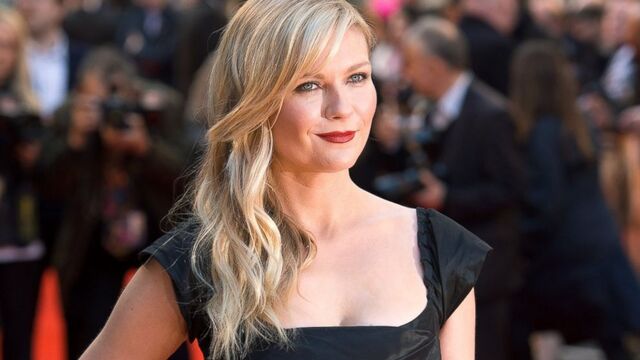Paulina Porizkova is more than just a supermodel—she is an actress, author, and outspoken advocate for women’s rights and self-acceptance. Her life story is one of resilience, intelligence, and the breaking of barriers. From escaping a communist regime to becoming one of the most recognized faces in fashion, Porizkova’s journey is both inspiring and transformative.
Early Life and Communist Regime
Born in 1965 in Prague, Czechoslovakia, Paulina Porizkova had a tumultuous early childhood. Her parents were political dissidents, which made life difficult under the communist rule. Her father, a journalist, spoke out against the government, forcing the family to flee to Sweden when Paulina was just a toddler.
Growing up in Sweden, she faced cultural and linguistic challenges but quickly adapted. She developed a keen interest in art, literature, and self-expression, which later influenced her career choices. Despite the hardships, her experiences molded her into a strong and independent individual.

Modeling Career Breakthrough
Porizkova’s entry into modeling was serendipitous. At 13, a photographer noticed her striking beauty and introduced her to the fashion industry. By 16, she signed with Elite Model Management and quickly became a sought-after model.
Her breakthrough came in 1984 when she became the first Central European woman to grace the cover of Sports Illustrated Swimsuit Issue. This catapulted her to international fame, leading to collaborations with top brands like Chanel, Dior, and Yves Saint Laurent. Her sharp intellect and stunning beauty set her apart, making her one of the most celebrated models of the 1980s and 1990s.

Transition to Acting
Not content with being just a model, Porizkova ventured into acting. Her debut in the 1989 film Her Alibi showcased her charisma and talent. She continued to appear in films and TV series, including The Supermodels (1991) and Anna (1996).
Though she never became a Hollywood A-lister, her acting career demonstrated her versatility and willingness to step out of her comfort zone. She also became a judge on America’s Next Top Model, bringing her expertise to a new generation of aspiring models.

Personal Life: Marriage and Family
In 1989, Porizkova married Ric Ocasek, the lead singer of The Cars. Their love story was one of deep connection and mutual admiration. They had two sons together and built a life filled with music, art, and creativity.
However, life took a tragic turn when Ocasek passed away in 2019. His sudden death and the revelation that she had been excluded from his will left Porizkova heartbroken. She openly shared her grief and healing process, earning admiration for her vulnerability and honesty.

Advocacy and Social Impact
As she aged in an industry obsessed with youth, Porizkova became a powerful advocate for women embracing their natural beauty. She criticized the unrealistic beauty standards imposed by the fashion world and encouraged women to love themselves at every stage of life.
She frequently uses social media to share unfiltered, makeup-free selfies, challenging ageism and promoting self-acceptance. Her courage in discussing issues like mental health, grief, and body image has made her an inspirational figure beyond the runway.

Legacy and Influence
Paulina Porizkova’s legacy extends far beyond modeling. She has influenced fashion, film, and social activism, proving that beauty is not just about appearance but also intelligence, strength, and resilience.
Her willingness to challenge norms and advocate for self-acceptance continues to inspire new generations. She remains a symbol of empowerment, proving that reinvention and authenticity are the true measures of success.

Conclusion
Paulina Porizkova’s journey is one of beauty, courage, and transformation. From a refugee child to a supermodel, actress, and advocate, she has consistently defied expectations. Her story serves as a powerful reminder that true beauty comes from within and that resilience is the key to overcoming life’s challenges.
As she continues to inspire, Porizkova remains a testament to the power of authenticity and the importance of embracing one’s own story.


